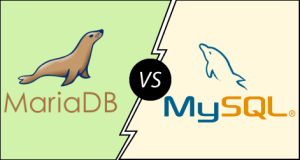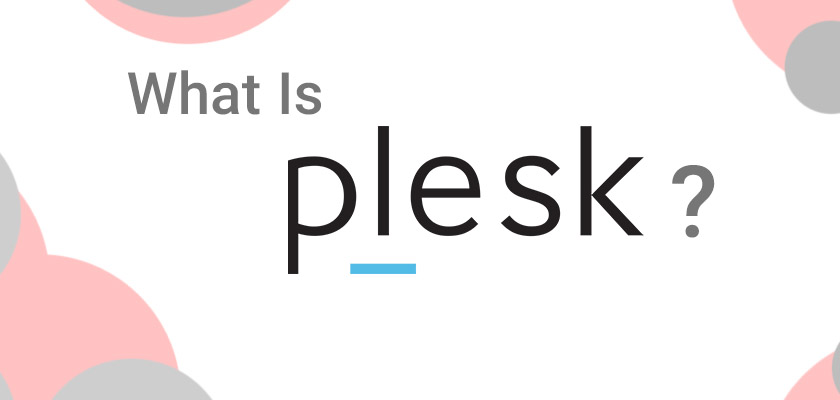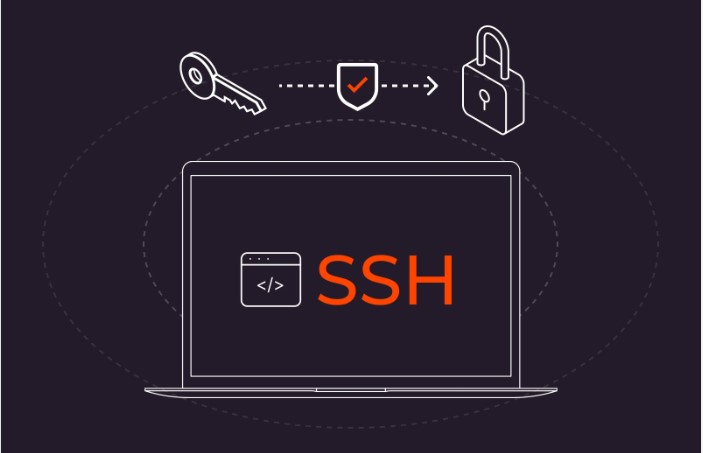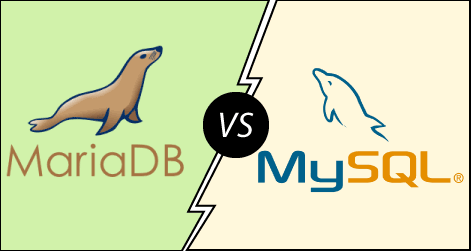In this article let’s discuss the differences between Free SSL VS Paid SSL Certificates and which one is the best option for which kind of websites.
In a nutshell SSL (Secure Sockets Layer) and its successor TLS (Transport Layer Security) are cryptographic protocols that provide secure communication over a computer network. SSL certificates are used to secure the data transfer between a user’s browser and a website’s server. When it comes to SSL certificates, there are both free and paid options available.
Ultimately, the choice between Free SSL VS Paid SSL certificates depends on the specific needs and priorities of the website owner. For many small websites and blogs, free SSL certificates may be sufficient, while larger businesses or e-commerce sites may opt for the added features and assurances that come with a paid SSL certificate.
What is a Free SSL Certificate?
A free SSL certificate is a digital certificate that provides a secure and encrypted connection between a user’s web browser and a website’s server. The purpose of SSL certificates is to ensure that the data exchanged between the user and the website remains confidential and secure.
One of the most well-known providers of free SSL certificates is Let’s Encrypt. Their mission is to make the internet more secure by providing free, automated, and open SSL/TLS certificates to website owners.
It’s important to note while discussing about Free SSL VS Paid SSL certificates is that while free SSL certificates offer basic encryption, paid certificates may provide additional features, such as extended validation (EV), wildcard support, and higher warranty amounts, which could be important for certain types of websites and businesses.

The choice between free and paid SSL certificates depends on the specific needs and priorities of the website owner.
What is a Paid SSL Certificate?
A paid SSL certificate is a digital certificate that provides secure and encrypted communication between a user’s web browser and a website’s server.
Unlike free SSL certificates, which are available at no cost, paid SSL certificates are purchased from Certificate Authorities (CAs) or their resellers. These certificates offer additional features and assurances beyond the basic encryption provided by free certificates.
It’s important to carefully consider the specific needs and requirements of a website when choosing between free SSL vs paid SSL certificates. While free certificates may be sufficient for some situations, paid certificates offer additional benefits that may be essential for more demanding applications.
Free SSL VS Paid SSL – Key Differences
If we speak about Free SSL VS Paid SSL it is mandatory to discuss about their key differences. Here are some of the key differences between free SSL and paid SSL certificates.

- Validation Level:
- Free SSL: Typically offers domain validation (DV) only, verifying that the certificate requester has control over the domain.
- Paid SSL: Provides higher levels of validation, such as organization validation (OV) or extended validation (EV), involving more thorough verification of the entity behind the website.
- Issuing Authority:
- Free SSL: Issued by well-known but sometimes less widely recognized Certificate Authorities (CAs).
- Paid SSL: Issued by established and widely recognized CAs, enhancing trust and recognition.
- Validity Period:
- Free SSL: Often has a shorter validity period, commonly around 90 days.
- Paid SSL: Typically has a longer validity period, ranging from one to several years.
- Automated Renewal:
- Free SSL: Often comes with automated renewal processes, simplifying the renewal for website owners.
- Paid SSL: Also supports automated renewal, but the longer validity period means less frequent renewals.
- Wildcard and Multi-Domain Support:
- Free SSL: May have limitations on wildcard or multi-domain support.
- Paid SSL: Often provides more flexibility, including support for wildcard certificates and multi-domain certificates.
- Warranty and Insurance:
- Free SSL: Generally does not come with a financial warranty or insurance.
- Paid SSL: Some paid certificates offer a warranty or insurance, providing compensation to the certificate owner in case of a security failure.
- Support:
- Free SSL: Support may be community-driven or limited.
- Paid SSL: Typically includes better customer support, with assistance for installation and troubleshooting.
- Trusted by Default:
- Free SSL: May require additional steps for users to trust the certificate authority.
- Paid SSL: Included in the list of trusted certificate authorities by major browsers and operating systems by default.
- Premium Features:
- Free SSL: Primarily focused on basic encryption.
- Paid SSL: Some certificates come with additional premium features, such as vulnerability assessments, malware scans, and advanced security services.
- Use Cases:
- Free SSL: Commonly used by small websites, blogs, and organizations with limited budgets.
- Paid SSL: Preferred by businesses, e-commerce sites, and applications where a higher level of trust and security is crucial.
Free SSL vs paid SSL certificates – as we mentioned many times before, choosing between them purely depends on the specific requirements and priorities of the website owner.
Smaller websites with limited resources may find free SSL certificates suitable, while larger enterprises or those handling sensitive data may opt for the additional features and assurances provided by paid certificates.
Free SSL VS Paid SSL – Which is Ideal for E-commerce Websites?

For e-commerce websites, where the security and trust of users are paramount, a paid SSL certificate is generally considered more suitable. While free SSL certificates can provide basic encryption, paid certificates offer additional features and assurances that are especially important for online businesses handling sensitive customer information and transactions.
While free SSL certificates, such as those provided by Let’s Encrypt, can still provide a baseline of security, the additional benefits offered by paid certificates make them a preferred choice for e-commerce websites where trust, security, and a seamless user experience are critical. It’s essential for e-commerce businesses to carefully evaluate their specific needs and prioritize security features when selecting an SSL certificate.
Conclusion
In conclusion, the choice between a Free SSL Vs Paid SSL certificate depends on the specific needs and priorities of the website owner. Here’s a summary of the key points for free SSL vs paid SSL:
Free SSL Certificates:
- Offer basic encryption with domain validation (DV).
- Issued by well-known but sometimes less recognized Certificate Authorities.
- Shorter validity period (e.g., 90 days) with automated renewal processes.
- Limited support for wildcard and multi-domain configurations.
- Lack extended validation (EV) and may not include a financial warranty.
- Commonly used by small websites, blogs, and organizations with limited budgets.

Paid SSL Certificates:
- Provide higher levels of validation, including organization validation (OV) or extended validation (EV).
- Issued by established and widely recognized Certificate Authorities.
- Longer validity period (e.g., 1 to several years) with automated renewal.
- Often support wildcard and multi-domain configurations for greater flexibility.
- May include financial warranties and insurance for added security.
- Come with dedicated customer support and premium security features.
- Trusted by default in major browsers and operating systems.
- Preferred for businesses, e-commerce websites, and applications where a higher level of trust and security is crucial.
For e-commerce websites, where security and user trust are paramount, a paid SSL certificate is generally recommended. The additional features, such as extended validation, higher warranty, dedicated support, and premium security services, contribute to a more robust and trustworthy online shopping experience.
Ultimately, website owners should assess their specific requirements, budget constraints, and the level of security needed when choosing between free SSL vs paid SSL certificates. Both options serve the fundamental purpose of encrypting data, but paid certificates offer more advanced features and assurances that may be essential for certain use cases.
If you are looking for a detailed explanation on SSL check on this website on What Is SSL? and How It Works for more clear information.








